Many young women with breast cancer worry about whether they will be infertile after treatment. Now a new study suggests that the majority of women with breast cancer who are younger than 40 can indeed become pregnant.
For the study, researchers followed 197 breast cancer survivors who were 32 years old on average at diagnosis and reported trying to conceive after treatment. They all had early-stage or locally advanced breast cancer that had not spread to other parts of the body.
“For many young women with breast cancer, the ability to have children following treatment is a major concern,” said the lead study author, Kimia Sorouri, MD, MPH, of the Dana-Farber Cancer Institute, in a statement. “The findings of our study can be helpful when counseling patients about fertility issues. The finding that egg/embryo freezing before treatment was associated with a higher live birth rate underscores the need for accessibility to fertility preservation services for this population.”
Fertility Preservation for Breast Cancer Patients
Half the women in the study got pregnant within four years of their diagnosis. Participants who were younger and people who could access and afford fertility preservation at diagnosis — which involves freezing eggs or embryos to use for future pregnancies — were more likely to conceive, the study also found.
All the participants had less-aggressive forms of breast cancer, ranging from stage 0, when tumors are small and noninvasive, to stage 3, when cancer has spread to the lymph nodes.
There were several factors that didn’t seem to affect the odds of conception or birth, including any history of infertility, the exact type of cancer treatment provided, genetic cancer risk, or the participants’ race or ethnicity, according to the study.
There are two major ways that the diagnosis and treatment of breast cancer can impact fertility, says the senior study author, Ann Partridge, MD, MPH, an oncologist at Dana-Farber Cancer Institute and a professor at Harvard Medical School in Boston.
Chemotherapy, which is given to the majority of young breast cancer patients, can impair ovarian function and associated fertility, both temporarily and in the long term, Dr. Partridge says. It can also have side effects for a fetus if a woman gets pregnant while the drugs are still in her system.
In addition, the risk of cancer coming back, especially in the first year or two, leads doctors to advise patients to wait at least a year to get pregnant, Partridge adds.
Fertility Naturally Declines With Age
“During this time, which sometimes is a number of years, fertility is naturally declining with age,” Partridge says.
The study findings underscore the importance of promptly referring patients for fertility preservation when oncologists believe that patients will receive chemotherapy, or what’s known as adjuvant therapy with tamoxifen, a drug that’s taken after initial treatment to prevent cancer from coming back, says Kutluk Oktay, MD, PhD, a professor at Yale University in New Haven, Connecticut, and the medical director of the Innovation Institute for Fertility Preservation and Reproductive Sciences.
“They should do that as early as possible in the process because it takes some time to set up the fertility procedures,” says Dr. Oktay, who wasn’t involved in the new study.
“The majority of women who want to become pregnant can become pregnant, and those pregnancies usually result in a live birth,” Partridge says. “We are getting better at speaking with patients at diagnosis regarding this important survivorship issue and, if women are at higher risk of becoming less fertile with treatment, at supporting patients to pursue fertility preservation at diagnosis so they can become pregnant later in their survivorship.”

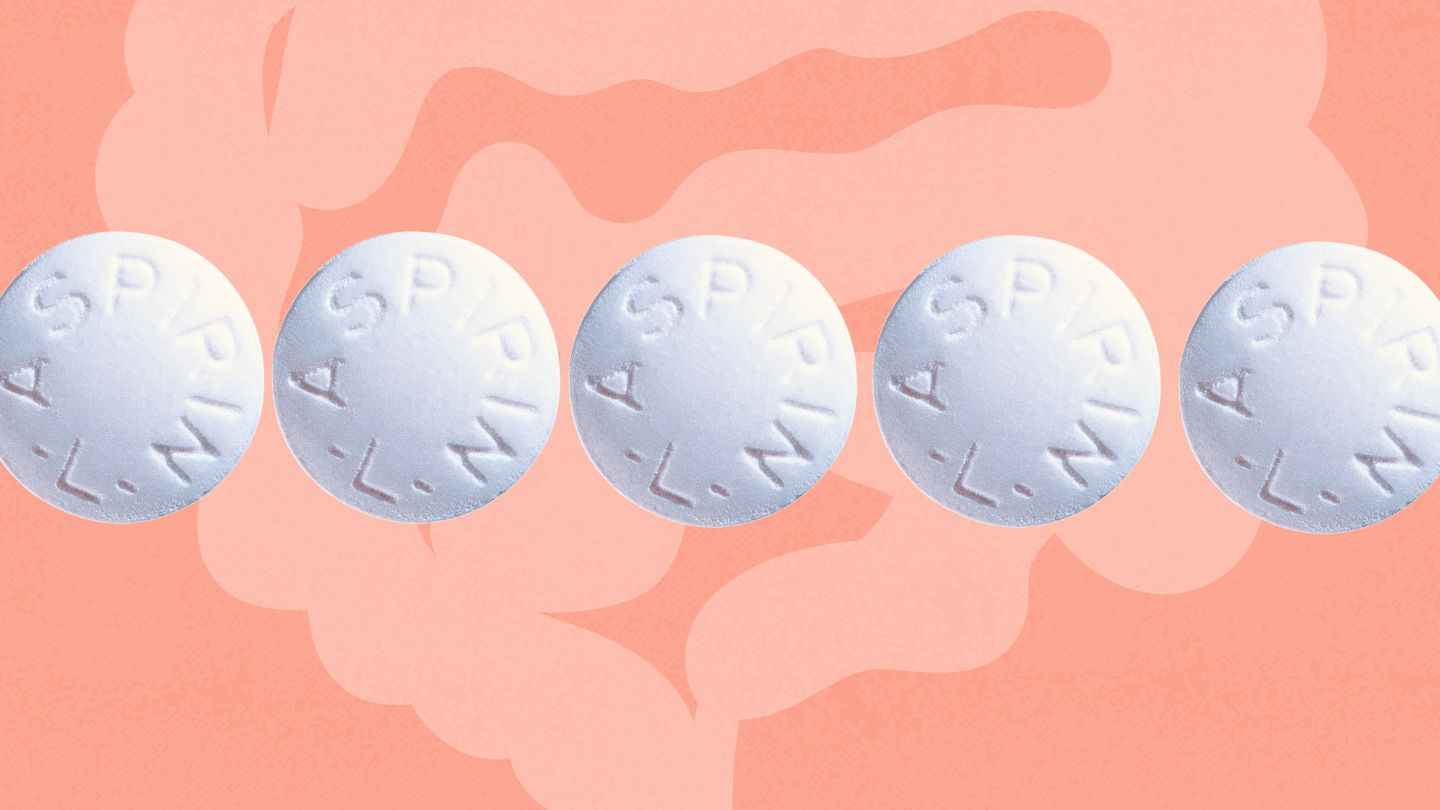
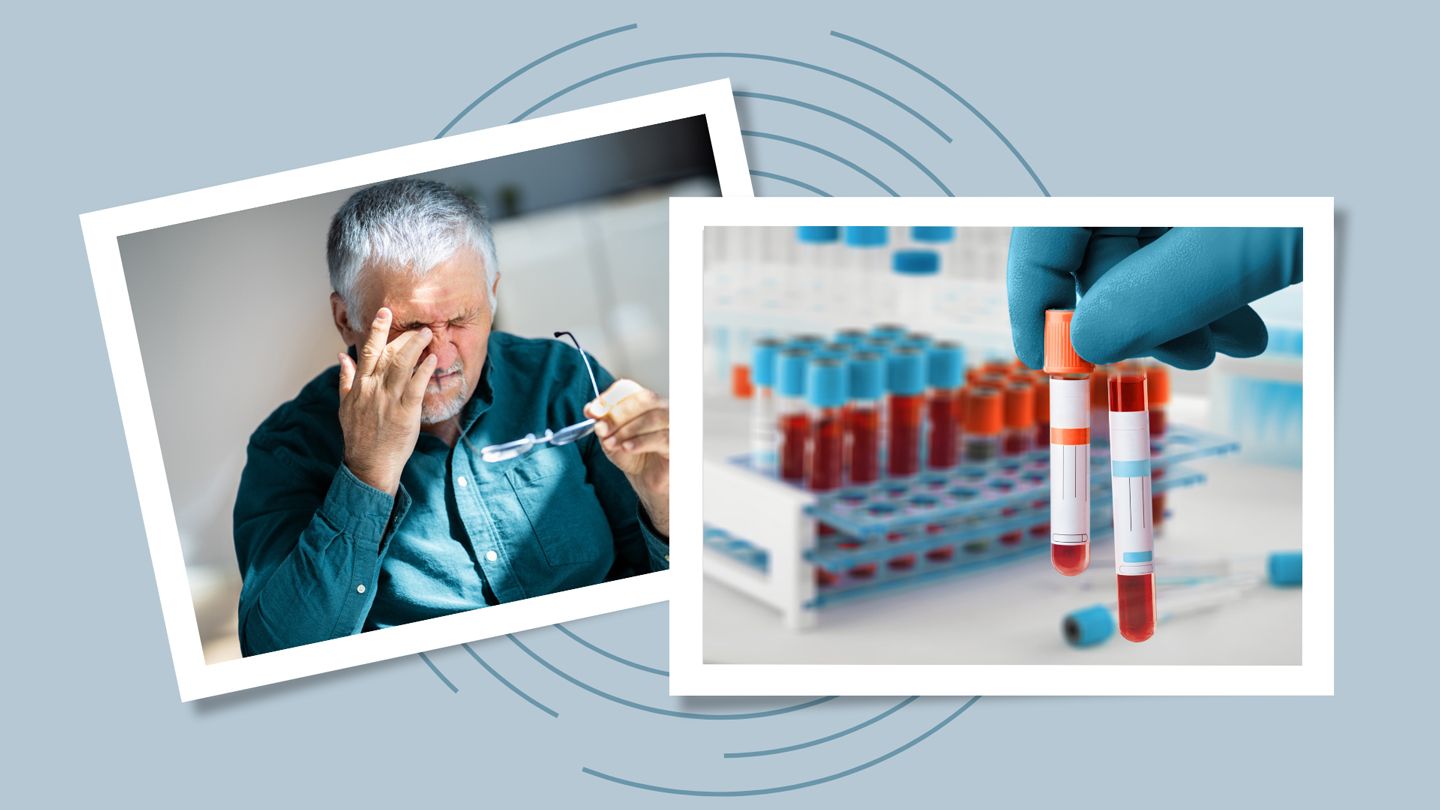
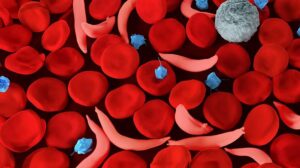
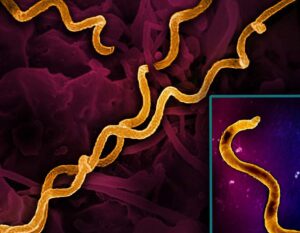
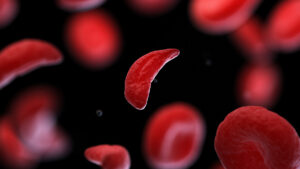

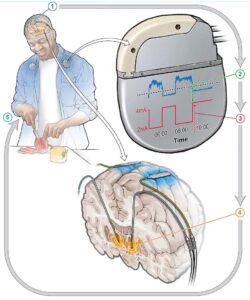
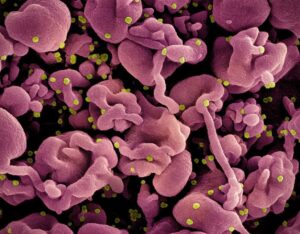
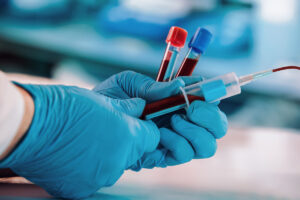
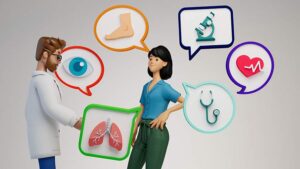
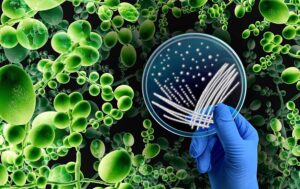
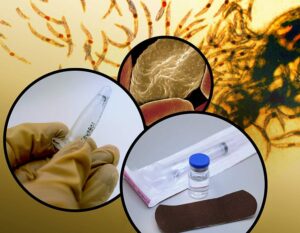
Post Comment